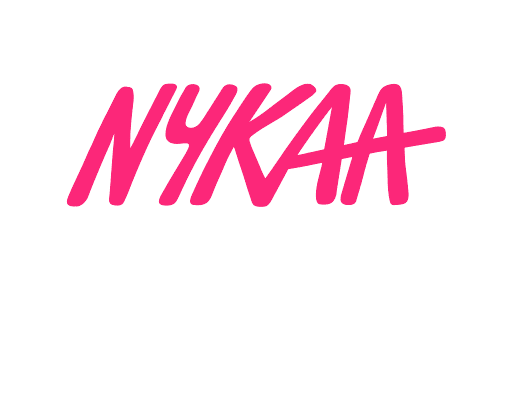The Delhi High Court last month restrained a cosmetic manufacturing company from using the name ‘Oykaa’ for it’s products and also ordered a takedown of their website of the same name in a trademark infringement suit file by FSN E- Commerce Ventures, better known as Nykaa, an established cosmetic and wellness company which is more than a decade old.
The defendant in the case is one Pintu Kumar Yadav, who was involved in marketing cosmetic products and operated the website oykaa.com. It was argued on behalf of Nykaa that even though the letter N was absent, the said mark was deceptively similar to theirs.
The platform run by the plaintiffs, www.nykaa.com, is one of India’s most well-known e-commerce platforms, offering a wide range of products, with a particular focus on products for women, including their own brand products bearing various other trademarks. Plaintiffs have obtained trademark registrations for the Nykaa marks and logos in various different classes. They also hold global registrations for the Nykaa mark in countries like Singapore, UAE, United Kingdom, Bangladesh, Kuwait, Qatar, and others. They contended in the suit that the defendants applied for the Oykaa mark in 2022 for and are engaged in similar goods and services, such as makeup, skincare, and wellness products for both women and men.
Justice Pratibha Singh observed that the defendants had registered the domain name in 2021, but the trademark application was filed in 2022 on a proposed-to-be-used basis, indicating a recent adoption by the defendants. Court also noted that the mark, the name, and the overall appearance of the website created a clear impression that the defendants were intentionally trying to imitate and copy the Nykaa name and mark for monetary gain through deception. Court highlighted that the terms and conditions on the defendants’ website were identical to those of the plaintiffs, even including terms and conditions that might not apply to the defendants’ business. The extent of copying was such that the defendants did not even bother to adjust the terms and conditions to suit their business needs.
Justice Singh determined that in this case, the services and products were identical, the trade channels and customers were the same, and the defendants’ mark closely resembled the plaintiffs’ mark, thus satisfying the “Triple Identity Test” in favour of the plaintiffs.
Referring to the case of Ahmed Oomerbhoy v. Gautam Tank, Court concluded that the defendants had adopted a deceptively similar mark to Nykaa, with the intention of capitalizing on the plaintiffs’ goodwill and reputation in the same business domain, causing confusion among customers.
Finally, the Court held that the plaintiffs had established a prima facie case for the grant of an ex-parte ad-interim injunction. Given that the products in question were related to cosmetics, healthcare, and wellness, where product quality was of utmost importance, the balance of convenience favoured the plaintiffs. Allowing the defendants to continue would cause irreparable harm not only to the plaintiffs’ business but also to customers who believed they were purchasing products manufactured by the plaintiffs, Court said.
Consequently, Court ordered the defendants and anyone acting on their behalf to refrain from using the Oykaa mark or any other mark similar to Nykaa in connection with cosmetic, healthcare, wellness products, clothing, jewellery, accessories, or related goods. Also, directions were passed to the immediately takedown of the defendants’ website and, in the case of www.oykaa.com, its suspension by the relevant Domain Name Registrar.
While ruling in favour of the plaintiffs, Court noted that the defendants’ products were listed on third-party websites like India Mart, Amazon, and Flipkart. Therefore, the Court instructed these directories and online platforms to remove the defendants’ listings upon receiving specific URLs from the plaintiffs if the defendants failed to do so themselves.
Contributor: Snehal Renuke

